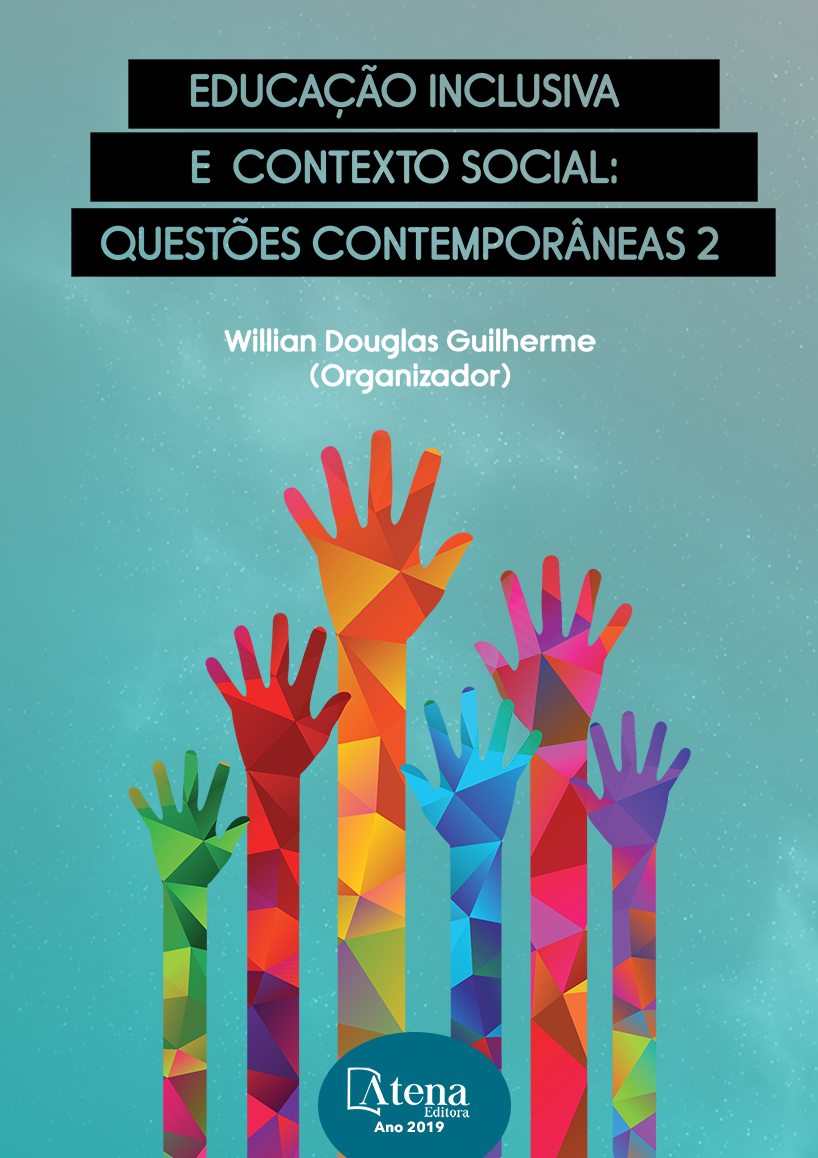
ESTRATÉGIAS DIDÁTICO-METODOLÓGICAS INCLUSIVAS PARA ESTUDANTE COM SÍNDROME DE LANDAU-KLEFFNER
Esse artigo objetiva descrever as estratégias didático-metodológicas em uma perspectiva inclusiva, utilizadas em sala de aula regular e no Atendimento Educacional Especializado que contribuem com o processo de ensino aprendizagem de um estudante com Síndrome de Landau-Kleffner, matriculado no 5º ano do Ensino Fundamental. Esse trabalho destaca ideias e possibilidades para os docentes, a fim de promover a interação entre os colegas e adequar o conteúdo disciplinar às possibilidades deste estudante, levando em conta os estudos de autores como Rodrigues(2006), Pacheco(2007), Glat(2009), Carvalho (2010), Teixeira(2010). A metodologia utilizada nessa pesquisa foi o estudo de caso, no qual a partir das vivências e experiências com documentos e o cotidiano escolar, verificamos os apontamentos delineados neste texto. Os resultados parciais foram organizados em duas partes, sendo a primeira sobre o histórico do estudante e a segunda sobre as estratégias didáticas-metodológicas utilizadas pelos docentes que atuam com o estudante da sala de aula regular e docente do Atendimento Educacional Especializado. Para favorecer o processo investigativo e o desenvolvimento do estudante foi necessário propor: a) o(re)conhecimento da Síndrome de Landau-Kleffner; b) oferta de diferentes possibilidades ao estudante; c) ampliar o tempo de concentração e realização as tarefas; d) considerar os interesses do estudante. Além disso, são realizados: planejamentos entre os docentes e o estagiário que o acompanha, conversas frequentes com a família, intervenções individuais. Nesse sentido, consideramos positivo o desenvolvimento do estudante no que tange a interação com os colegas, com os adultos que o acompanham e em sua aprendizagem escolar, tornando assim possível a inclusão escolar.
ESTRATÉGIAS DIDÁTICO-METODOLÓGICAS INCLUSIVAS PARA ESTUDANTE COM SÍNDROME DE LANDAU-KLEFFNER
-
DOI: 10.22533/at.ed.34419250610
-
Palavras-chave: Educação Especial. Inclusão Escolar. Estratégias didáticopedagógicas.
-
Keywords: Special Education. School inclusion. Didactic-pedagogical strategies.
-
Abstract:
This article aims to describe the didactic-methodological strategies in an inclusive perspective, used in a regular classroom and in the Specialized Educational Service that contribute to the learning process of a student with Landau-Kleffner Syndrome, enrolled in the 5th year of the Elementary School. This work highlights ideas and possibilities for teachers, in order to promote interaction among colleagues and adapt the disciplinary content to the possibilities of this student, taking into account the studies of authors such as Rodrigues (2006), Pacheco (2007), Glat (2009) ), Carvalho (2010), Teixeira (2010). The methodology used in this research was the case study, in which from the experiences and experiences with documents and school daily life, we verified the notes outlined in this text. The partial results were organized in two parts, the first on the student’s history and the second on the didacticmethodological strategies used by the teachers who work with the student of the regular classroom and teacher of the Specialized Educational Assistance. In order to favor the investigative process and the development of the student it was necessary to propose: a) the (re-) knowledge of the Landau-Kleffner Syndrome; b) offer of different possibilities to the student; c) increase the time of concentration and completion of tasks; d) consider the interests of the student. In addition, they are carried out: planning between the teachers and the accompanying trainee, frequent conversations with the family, individual interventions. In this sense, we consider positive the development of the student in what concerns the interaction with the colleagues, with the adults who accompany him and in his school learning, thus making possible the school inclusion.
-
Número de páginas: 15
- Janine Cecília Gonçalves Peixoto
- Lavine Cardoso Ferreira Rocha
- Priscila Moreira Corrêa-Telles


